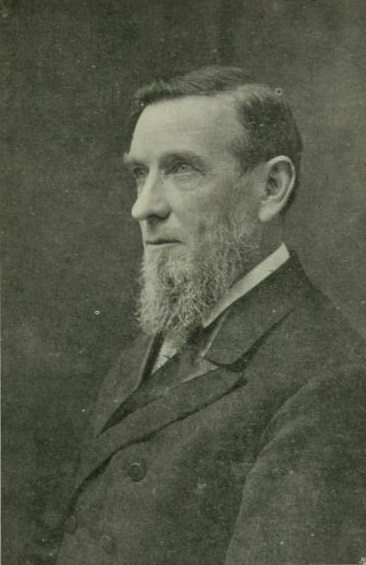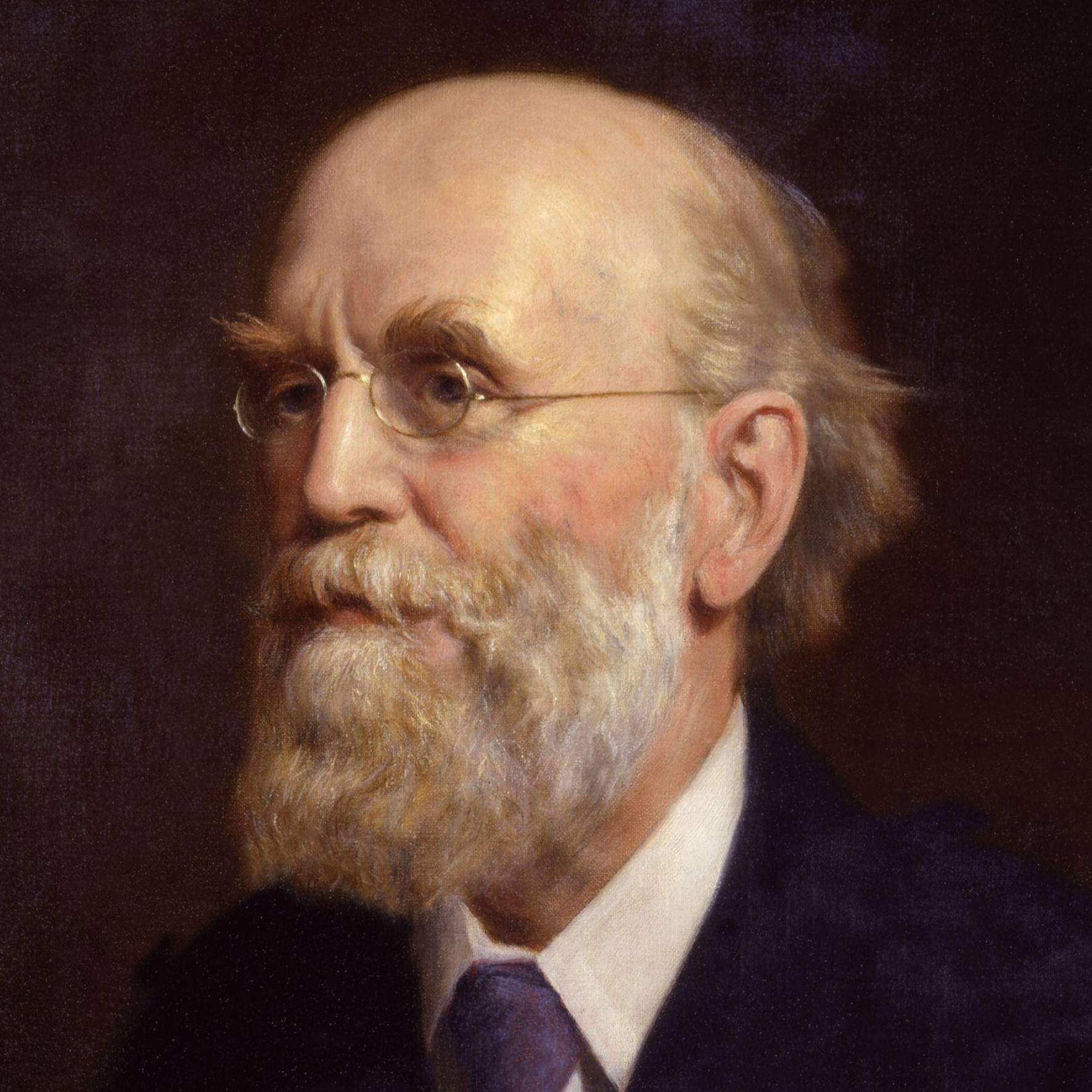We’re now in of our survey of the newspaper coverage of the “passive resistance” campaign against taxpayer-funded sectarian education in Britain.
To start off with, a brief article from the Gloucester Citizen:
Passive Resistance.
M.P.’s Presentation Watch Sold.
Among the goods disposed of on at a sale of effects seized from passive resisters at Tettenhall was a gold presentation watch belonging to Mr. C.E. Shaw, M.P. for Stafford.
The watch was purchased by Mr. Shaw’s coachman for £7.
The Bishop of Bath and Wells published a compromise proposal in the London Times — something similar to the “peace tax fund” proposal that often gets floated in war tax resistance circles:
- Let a clearing house (of the nature of a railway clearing house) be established in connection with the Board of Education.
- To this clearing house let every county and local authority notify with regularity the amount of rate it is intending to levy for primary schools; specifying how much of this is required for provided or Council schools, and how much for non-provided or voluntary schools.
- Let each ratepayer who is conscientiously opposed to paying any rate towards the support of voluntary schools be allowed (on making a declaration to this effect) to earmark his rate “for the support of provided schools only.”
- Let the amount thus earmarked be notified also to the clearing house.
- An adjustment of the rates levied in different localities can be easily made at the clearing house; so that, however numerous might be the strained consciences in some districts, a transference of rate-payers’ money not so earmarked would prevent any difficulties being experienced.
The Manchester Courier, and Lancashire General Advertiser noted the summons of 24 resisters in Keighley, including “three ministers, two ex-mayors and magistrates, and a Parliamentary candidate.”
Finally, The Hastings and St. Leonards Observer, in its edition, covered a local passive resistance movement rally. Excerpts:
Passive Resisters.
Assemble at the Royal Concert Hall.
Mr. New Declares the Cause Is Advancing by Leaps and Bounds
The Act Must Be “Mended or Ended.”
“Take Joseph Chamberlain’s Life!”
Fiery Political Oratory.
The local Passive Resisters held a public meeting at the Royal Concert Hall on .
There was a large attendance.
Three most eloquent speakers orated, but the gathering could hardly be compared with the Resistance Demonstration held , just after the first sale of goods seized in respect to non-payment of rates by Resisters.
…Ladies predominated alike on the platform and in the body of the hall.
The Chairman [Rev. C. New]… congratulated them once more on that large gathering, and he felt it was rather remarkable that whenever they had a meeting on the Education Act they could easily fill the largest building in the town, and this was one of the proofs of the very strong hold the movement had on the sympathies and interest of the general public.
(Hear, hear.)… [T]hey could congratulate themselves on the persistent, unbroken progress of the movement, though some persons, who only read the Times and the Daily Telegraph, and never saw those papers which recorded the actual facts, might say otherwise.
They would learn from the latter that there were bound up in the movement 20,000 men and women: then they had what was going on in Wales under Mr. Lloyd George — (cheers) — and as soon as ever the London Council issued the demand note in connection with the administration of the London Act the number of Resisters would be increased by 10,000.… Within one hour of that building, and they knew their local trains did not take them very far in an hour — (laughter) — while on one side they had the sea, they had no less than ten strong and determined Passive Resisters’ centres.
(Hear, hear.)
In their own town he was glad and proud to say that the number of Resisters had during increased by about 60 per cent., or rather more than that.
They had had serious losses through migrations from the town, but he was thankful to say he did not know of any backslider or of anyone who was less determined than ever he was to refuse to pay the rate.
(Cheers.)… One warning he would give with regard to possible danger: they were hopeful of the result, being confident that they were on the winning side, and they did so, not simply because of the signs they saw but because they were convinced they were on the right side.
(Hear, hear.)
But they must mark the fact that the victory was not yet won, it was by no means won: the end might be a great deal further off than they were apt to suppose, and it was imperative that they should steadfastly persist.
They might be sure that the victory could never be won by half-heartedness, or spasmodic effort, or by occasional impulsive energy, but only by strong, persistent, unconquerable conviction.
They could not afford to relax their vigilance in the slightest degree, or to leave undone anything that could be done.
If they persisted they would win; but if they failed to persist the prospect of victory would vanish.
(Cheers.)
The Rev. Dr. Wenyon [said, among other things]… He had spent much of his life in China, and there the question arose whether converts to Christianity should continue to pay taxes for the support of idol worship.
The Wesleyan, London, and Church Missionary Societies’s Committee at home said they must not, and the Chinese became Passive Resisters.
(Hear, hear.)
He came home and he found himself confronted with the same position, and what could he do but resist?
(Cheers.)…
Mr. George White, M.P. spoke next.… For some time he had had to complain that, although one of the first to move in the matter, he had been “left out in the cold.”
He had, however, just handed a telegram to his friend, Mr. Horne, which informed him that he would have the privilege of being distrained upon on .
(Loud applause.)… Last week, when he appeared before a Bench of Magistrates, and the case was about half through, a friend of his, a Magistrate, spoke to a brother Justice, a Conservative, who said: “It’s not a bit of good going on; the Act must be repealed.”
(Hear, hear.)…
For the record, the “Take Joseph Chamberlain’s Life!” promised in the headlines was in reference to a “take my wife… please!”-style joke. A man walks into a bookstore and the clerk suggests a book: “Take The Life of Joseph Chamberlain” and he answers “I would, but I never had the opportunity.” The speaker (George White) was saying he felt the same way about then-Prime Minister Balfour. Continuing:
The Rev. Sylvester Horne… [said] The fact of the matter was, unless the Nonconformists fought the battle, and fought it out, it would not be fought.
That was why they were there.
Referring to the recent Church Census in London, he said, to use a vulgar phrase from the Tottenham Court-road, those were the people he had got his knife into, the people who were counted as going to Church, but who did not count when the real fighting came on.
Where were they?
Folding their arms and leaving it to Alderman O’Connor to go to jail — (applause) — and to Mr. White and others whose convictions were dearer to them than property.
(Applause.)
Those kind of people named their children Oliver Cromwell — (laughter) — or John Hampden.
(Renewed laughter.)
They lived in a house usually called Bunyan House or Wesley Villa.
(Laughter.)
He did not reserve all his admiration for the men of 300 years ago.
Those people were so heartily in favour of the Reformation, but when they wanted a reformation in their own day, where were they?
He did not think they ought to reserve all their enthusiasm for Oliver Cromwell; let them keep a pocket full for John Clifford.
(Loud applause.)… He was hoping to live long enough to add another chapter to the history of the Free Churches by writing a history of the movement.
(Applause.)
Places they had never heard of had sprung into everlasting distinction, Sudbury down in Suffolk, where they turned out every Guardian for not behaving well, and put Passive Resisters in — (applause) — and there had been a most glorious state of things in Sudbury ever since.
(Laughter.)
What about West Ham?
(Applause.)
No one could imagine it was a romantic or poetic neighbourhood.
But West Ham had been producing heroes, and if they could get heroes from West Ham they could get them out of anywhere.
(Laughter, and applause.)
Go down to the Isle of Wight.
Anyone would tell them that the saintliest person there was the dear old lady who wrote the hymn they all sang as children, and Mrs. [Jemima] Luke had made up her mind that at the age of 91 she would go through the police-court — (applause) — because she said her white hair should never go down in dishonour to the grave.
(Applause.)
Jemima Luke would be summoned to court for her resistance in .


